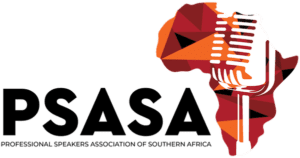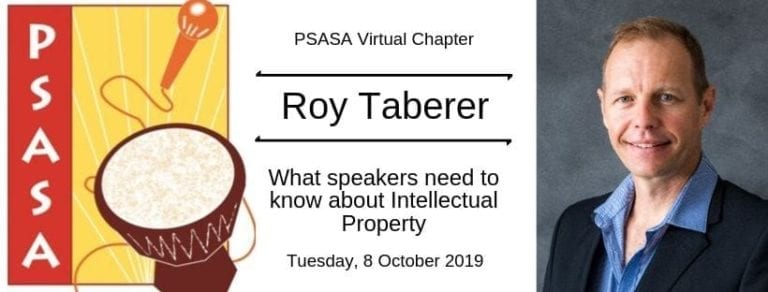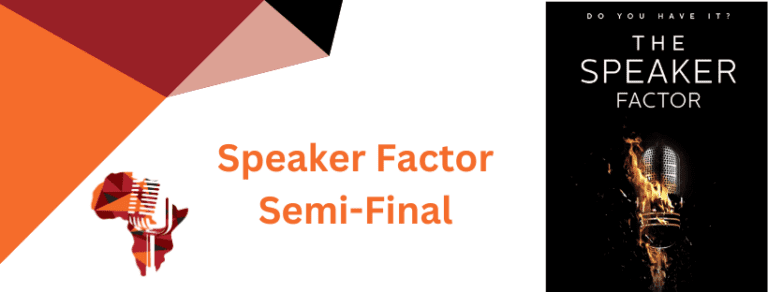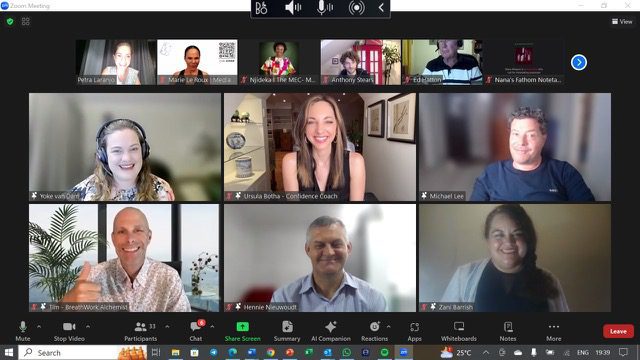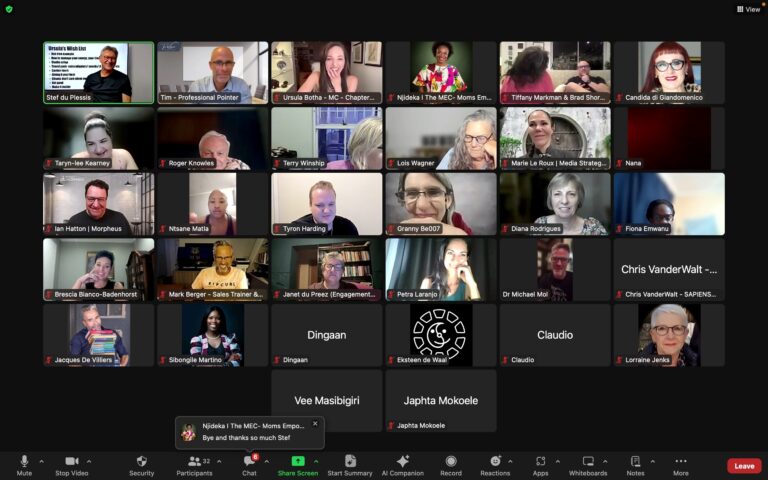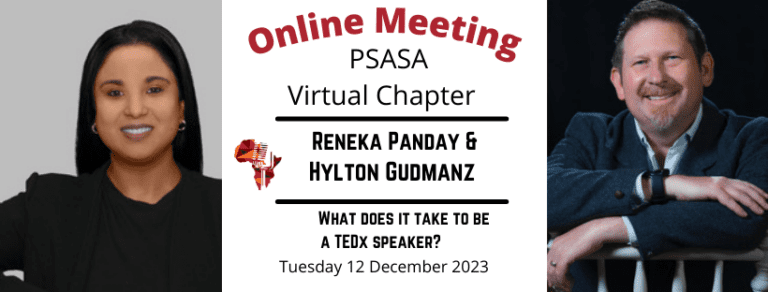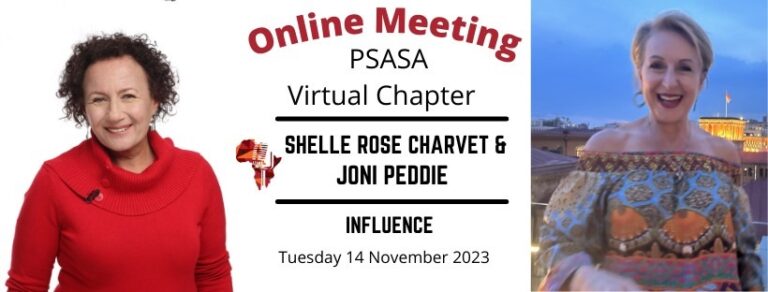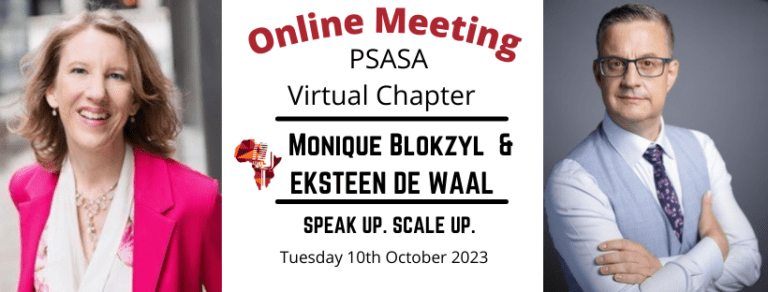The Virtual chapter hosted Roy Taberer this month, a practicing IP Lawyer and speaker. Roy walked us through all things Intellectual Property with an emphasis on what we as speakers need to look out for in regards to, firstly how we should protect our own work and second what we should watch out for in order to not violate other peoples works when delivering speeches or training. Here is a brief summary of what Roy covered: Intellectual Property law covers Patents, Designs, Trademarks and Copyright. Copyright is the main issue pertaining to speakers and falls into two categories: How to protect your stuff and how not to violate others. Protecting your stuff:
- Your works, speech, model or concepts can only be protected once they have been reduced to a written or electronic form. So write out your speech and draw out your diagrams. Ideas in your head, thought up and shared cannot be protected.
- Communicate your intention of protection either verbally or put a copyright statement on your first or last slide.
- When submitted your slide deck or diagrams, communicate your preferences of use. People may use them for personal use, but should ask permission before using them for professional use or to earn any form of income from your works.
- If you find someone using your IP for their gain, you should communicate directly with them requesting them to stop, if they persist, contact a lawyer for advice.
Not violating others
- If you are teaching in a classroom or lecture, you may use other people’s works but always reference the source and author.
- You may not use other people’s concepts, diagrams, and processes in a speech unless you have gotten written permission from them first.
- Using a short quote is acceptable, but always credit the author.
- Photos and videos that originate from others also need permission before being used.
In closing, be aware of your content protection rights; include this in your briefing talk before presenting. Cover issues about videos, live streaming, photos and recordings. Communicate your required protection to the audience or include it on your slides. Never copy or use any other person’s material unless given permission to do so. Most of these issues mentioned are not able to be followed up or litigated without huge legal fees, but a moral and ethical law applies to these issues as speakers. Let us, as professional speakers, be found doing the right thing.
Bruce Wade
Chief Entrepreneur Officer
